
Corruption and Construction Flaws Plague Pokhara International Airport
In a comprehensive investigation by the Commission for the Investigation of Abuse of Authority (CIAA), troubling revelations of corruption and technical deficiencies have come to light regarding the construction of Pokhara International Airport. This report delves into the intricate web of malpractice, systemic failures, and diplomatic tensions surrounding Nepal’s flagship infrastructure project.
Questionable Coordination and Financial Burden
The collaboration between the Civil Aviation Authority of Nepal (CAAN) and the Chinese contractor, China CMC Engineering Company, has come under intense scrutiny. Despite its designation as an international airport, Pokhara International Airport primarily serves domestic flights, raising concerns about its financial viability. The project, burdened by irregularities and mismanagement, poses a significant economic challenge for Nepal.
China’s Political Pressure
As the CIAA’s investigation progresses, China’s vested interest in thwarting legal action becomes increasingly evident. The Chinese Embassy in Kathmandu has reportedly exerted political pressure on Nepali authorities to halt proceedings, lobbying key figures including the Prime Minister and CPN-UML leaders. However, CIAA Chief Prem Kumar Rai remains resolute in pursuing justice, despite external interference.
Lobbying Against Legal Proceedings
The reluctance of the CIAA to summon former government officials, including the finance minister, underscores the pervasive influence of political pressure. While retired secretary Kewal Bhandari’s statements have been documented, the agency faces challenges in holding accountable those implicated in the corruption scandal.
Financial Irregularities
The investigation has revealed alarming financial irregularities, including discrepancies in the disbursement of funds allocated for the airport’s construction. Despite a contractual agreement of US$244 million, only a fraction has been disbursed, raising questions about the project’s financial management and transparency.
Contractual Ambiguities and Favoritism
The contract with China CMC Engineering Company lacks clarity on the builders’ responsibilities for taxes and fees, both domestically and internationally. Unauthorized exemptions from customs duties and value-added tax, favoring the contractor, further highlight regulatory shortcomings and potential favoritism.
Thorough Scrutiny and Inquiries
The CIAA has issued a series of inquiries, demanding comprehensive details from involved parties. These inquiries span various aspects of the project, including contract procurement, design approvals, construction progress, and compliance with regulatory standards.
Technical Deficiencies and Safety Concerns
Technical flaws in the airport’s design and construction, including improper soil disposal and manipulation of runway height, pose significant safety risks and operational challenges. Leakage problems in the terminal and incomplete infrastructure underscore a systemic failure to adhere to international aviation standards.
Diplomatic Tensions and Political Implications
The involvement of the Chinese Embassy in Kathmandu and diplomatic pressure to halt legal proceedings highlight escalating tensions and political implications surrounding the airport project. The CIAA’s steadfast commitment to accountability faces formidable challenges amid diplomatic entanglements and domestic political pressures.
Expert Perspectives
Foreign affairs experts emphasize the need for a thorough investigation into corruption allegations and political motives behind the airport’s construction. Vijay Kant Karna and Arun Subedi underscore suspicions of corruption, inflated costs, and covert benefits, urging transparency and accountability in addressing systemic failures.
In conclusion, the Pokhara International Airport corruption scandal underscores the urgent need for transparency, accountability, and corrective action. As Nepal navigates diplomatic tensions and political pressures, decisive measures are imperative to salvage the project’s integrity and uphold the rule of law. Only through diligent investigation, impartial adjudication, and systemic reforms can Nepal mitigate the repercussions of this damaging scandal and restore public trust in its infrastructure development endeavors.
- Nepal’s Ring Road Expansion Stalled Despite Signed Agreement with China
- Disasters Claim 191 Lives in Bagmati Province, Nepal, During First Quarter of Fiscal Year
- Chinese-Linked Hackers Target U.S. Telecommunications, Seek Campaign Data in Possible Election Interference
- Ruling Coalition in Nepal Condemns Pressure on Judiciary, Calls for Robust Governance Reforms

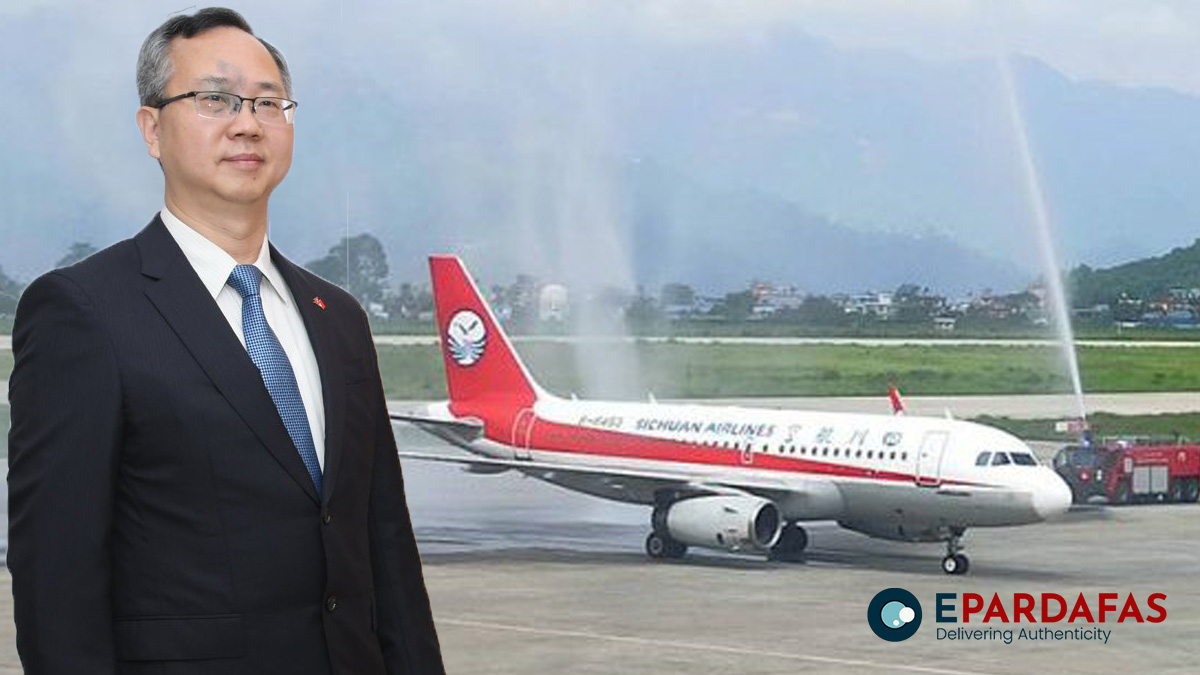

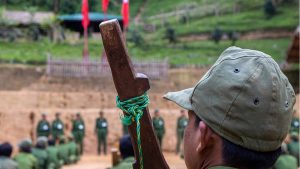
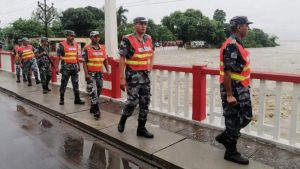
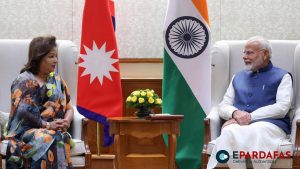

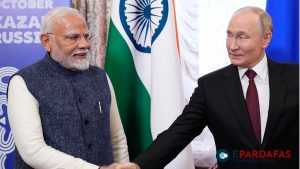





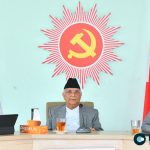
Comments